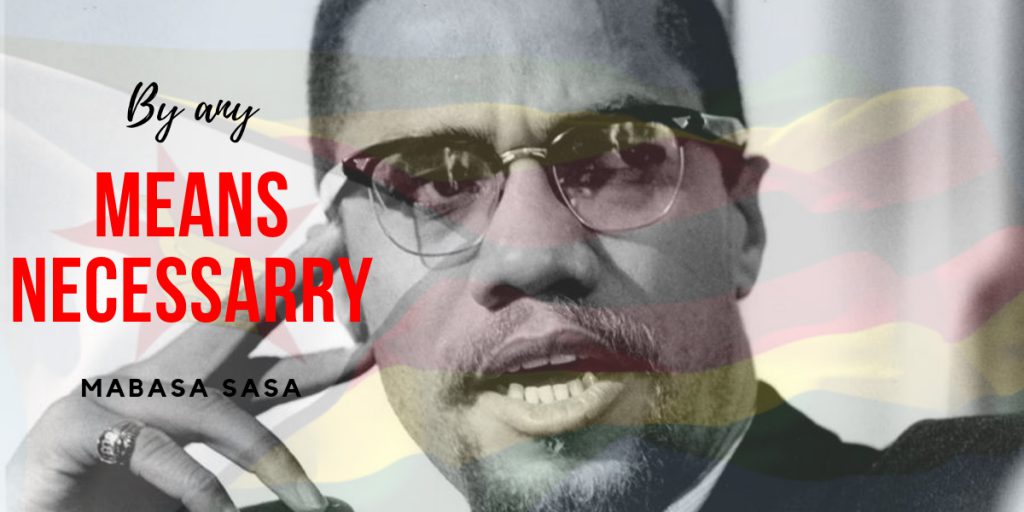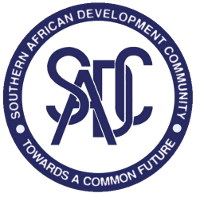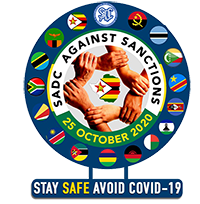Mabasa Sasa
I have read a bit of Jean-Paul Satre, needless to say inspired by his foreword to Frantz Fanon’s “The Wretched of the Earth”.
It was thus that I stumbled upon a very old play of his titled “Dirty Hands”.
Without boring you with the fuller details, suffice to say the play revolves around the political assassination of a Communist leader who intends to enter into a pact with Nationalists and Fascists.
From the get go, it is established who the assassin is, and so the plot is more concerned with why the assassination was carried out rather than by whom.
As with much of Satre’s work, the play is heavy on symbolism and existentialist thought.
Anyway, it was in “Dirty Hands” that I came across a phrase that Malcolm X was later to immortalise – and aptly enough he did this a few months before his own assassination.
The line in question – found in Act 5 of the play – goes, “I was not the one to invent lies: they were created in a society divided by class and each of us inherited lies when we were born. It is not by refusing to lie that we will abolish lies: it is by eradicating class by any means necessary.”
Malcom X, then going by the name El Hajj Malik el Shabazz, was to put it more directly in June 1964.
That last year of his life was probably the most indelible, in terms of the legacy he bequeathed the black pride and black power agenda.
Early in 1964, he left the Nation of Islam. In May, he went to West Africa and then on to Mecca. It is from there that he returned as El Hajj Malik el Shabazz. (He was born Malcolm Little and substituted his surname for an “X” after his political awakening while serving time in prison. This was a symbolic rejection of his slave name.)
It was after these tours, and in particular after visiting Ghana that he decided to form the Organisation of Afro-American Unity (OAAU).
On returning to New York, he launched the OAAU and in his first address to the group he gave what is probably his most powerful speech.
For me, it is a speech more important that Dr Martin Luther King’s idealistic “I have a dream” fluff.
Malcolm X said, “That’s our motto. We want freedom by any means necessary. We want justice by any means necessary. We want equality by any means necessary…
“Anytime we know that an unjust condition exists and it is illegal and unjust, we will strike at it by any means necessary. And strike also at whatever and whoever gets in the way…
“We declare our right on this earth to be a man, to be a human being, to be respected as a human being, to be given the rights of a human being in this society, on this earth, in this day, which we intend to bring into existence by any means necessary.”
Naturally, it was dismissed as a virulent and violent tirade by the mainstream media of the time, and – again naturally – Dr King’s “I have a dream” has been deified and lionised by that same media because it really did not challenge white power. It rather sought to accommodate white supremacy and incorporate “civil rights” for blacks within an oppressive status quo.
But really, by any means necessary should be the guiding maxim for Africa’s development and quest for prosperity and stability.
In that quest, there must be unity of purpose and unity even at the empathy level.
Jean-Paul Satre’s great contemporary, Aimé Césaire, captured this bedrock of unity in Cuba back in 1967.
He said, “I have always recognised that what was happening to my brothers in Algeria and the United States had its repercussions in me.
“I understood that I could not be indifferent to what was happening in Haiti or Africa. Then, in a way, we slowly came to the idea of a sort of black civilisation spread throughout the world.
“And I have come to the realisation that there was a ‘Negro situation’ that existed in different geographical areas, that Africa was also my country.”
His reference to Africa as a “country” was not in the same ignorance-induced veil that clouds the minds of insulated Westerners, but was rather a reference to the one-ness of all black peoples.
As such, what happens in Libya should be of concern to every African. Because Africa is our country. What transpires in the DRC is the collective problem of our country, Africa.
When the West imposes illegal sanctions on Zimbabwe because of its land reforms, it is Africa that is sanctioned, it is Africa that is under attack.
So by any means necessary, we should strive for that unity that takes our country, Africa, forward.
And by the same token, by any means necessary we must resist anything and anyone, any idea and any suggestion, that threatens our march forward.





